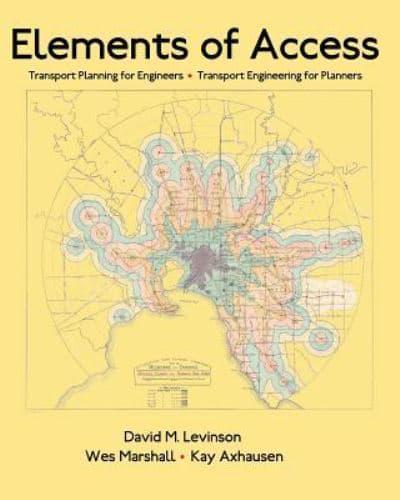Publisher's Synopsis
Transport cannot be understood without reference to the location of activities (land use), and vice versa. To understand one requires understanding the other. However, for a variety of historical reasons, transport and land use are quite divorced in practice. Typical transport engineers only touch land use planning courses once at most, and only then if they attend graduate school. Land use planners understand transport the way everyone does, from the perspective of the traveler, not of the system, and are seldom exposed to transport aside from, at best, a lone course in graduate school. This text aims to bridge the chasm, helping engineers understand the elements of access that are associated not only with traffic, but also with human behavior and activity location, and helping planners understand the technology underlying transport engineering, the processes, equations, and logic that make up the transport half of the accessibility measure. It aims to help both communicate accessibility to the public.























